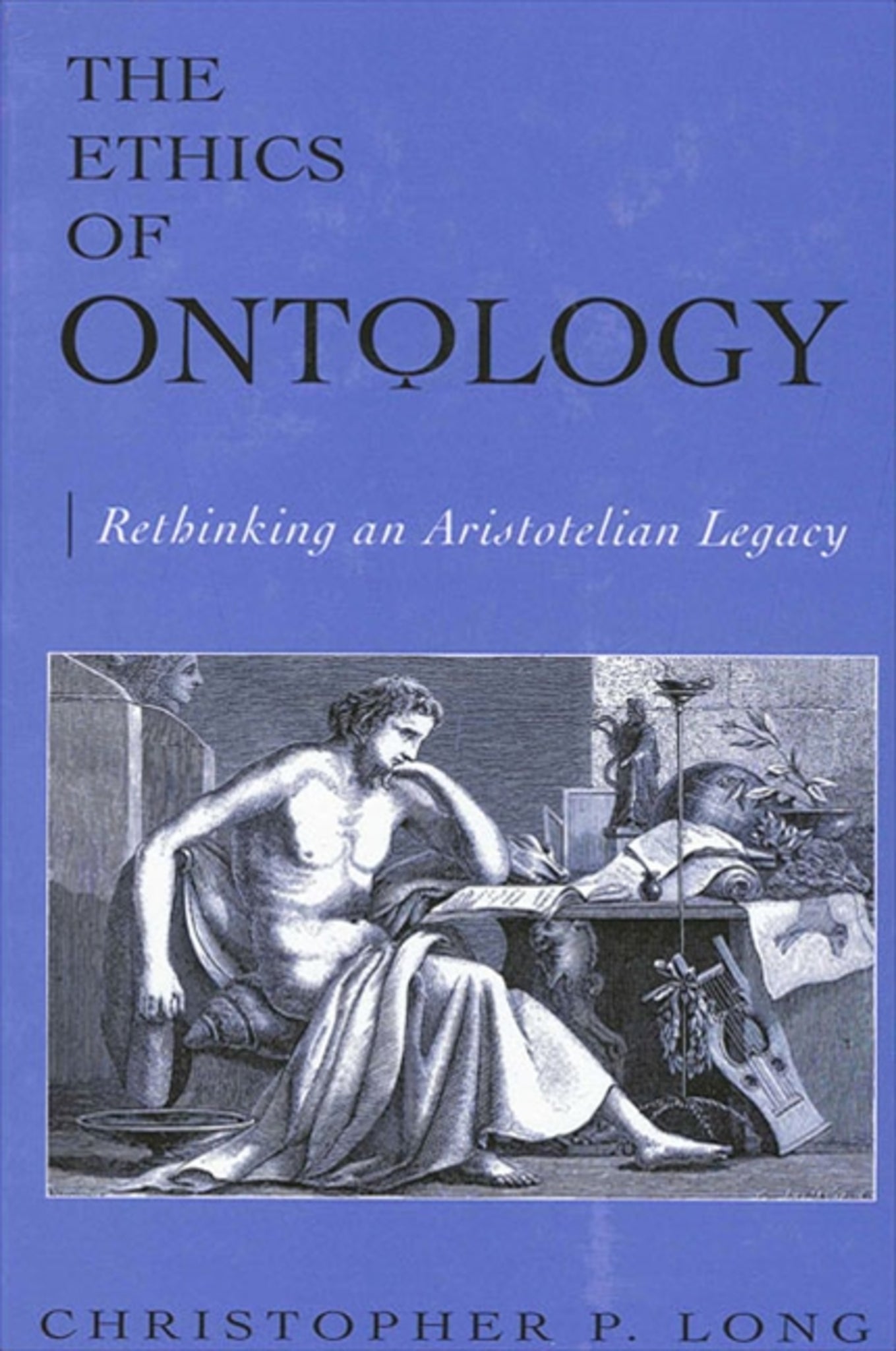We're sorry. An error has occurred
Please cancel or retry.
The Ethics of Ontology

Some error occured while loading the Quick View. Please close the Quick View and try reloading the page.
Couldn't load pickup availability
- Format:
-
02 August 2004

A novel rereading of the relationship between ethics and ontology in Aristotle.
Concerned with the meaning and function of principles in an era that appears to have given up on their possibility altogether, Christopher P. Long traces the paths of Aristotle's thinking concerning finite being from the Categories, through the Physics, to the Metaphysics, and ultimately into the Nicomachean Ethics. Long argues that a dynamic and open conception of principles emerges in these works that challenges the traditional tendency to seek security in permanent and eternal absolutes. He rethinks the meaning of Aristotle's notion of principle (arche) and spans the divide of analytic and continental methodological approaches to ancient Greek philosophy, while connecting Aristotle's thinking to that of Levinas, Gadamer, and Heidegger.


Preface
1. The Legacy of Ousia
2. Foundational Thinking and the Categories
3. Kinetic Principles and the Hegemony of Form
4. Prelude to a Safe Passage—Two Aporiae
5. Toward a Dynamic Ontology
6. The Dynamic Economy of Principles
7. Knowledge in Actuality and the Ethical Turn
8. Contingent Knowledge: Phronesis in the Ethics
9. The Ethics of Ontology
Notes
References
Index



